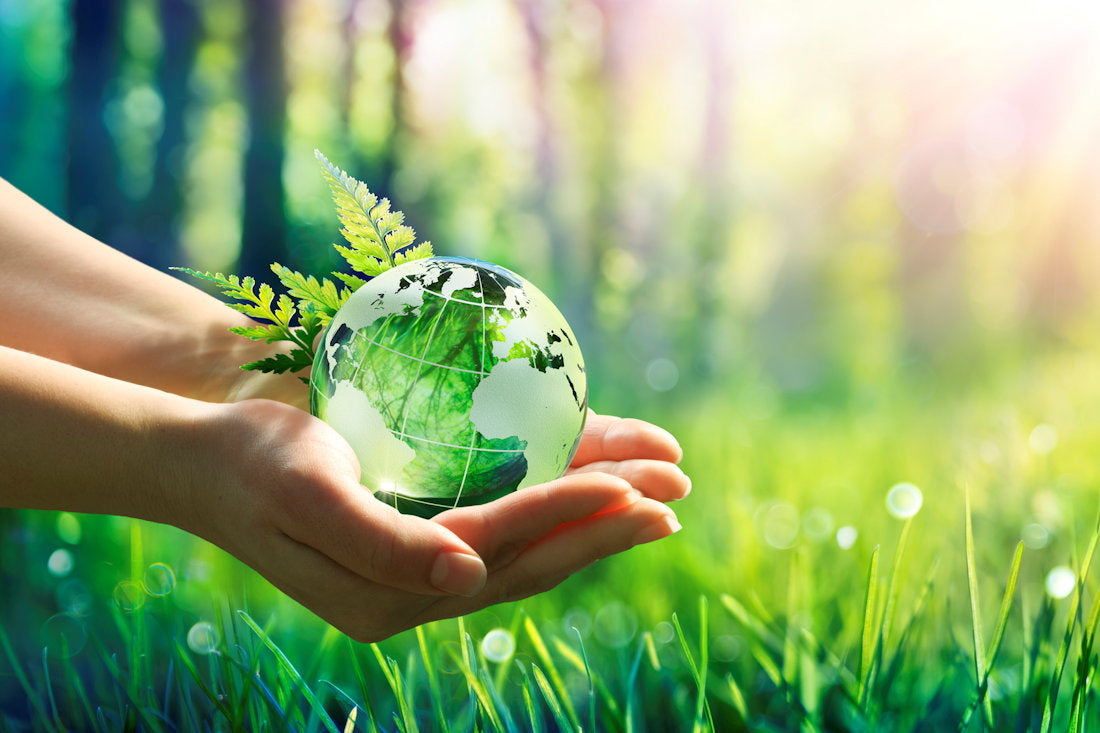
Conservation - Protecting Our World
Dr. Linda HancockI read an article the other day that surprised me. Apparently, Meagan Markle has been annoyed by the fact that her husband Prince Harry keeps turning lights off in their royal residence. His father, Prince Charles, apparently raised is two sons to do this as well as to pick up litter.
I remember when growing up that there were several things we were taught to do in order to protect our world. Unfortunately, many don't understand the importance of or ignore these simple practices:
- Trees - Because the Canadian prairies didn't have windbreaks to prevent topsoil drift and wind damage, the federal government passed the Prairie Farm Rehabilitation Act. In 1901 a tree nursery was set up in my hometown of Indian Head Saskatchewan. Research was done and thousands of seedlings were distributed without charge to farmers who planted them as shelterbelts. Unfortunately, funding for this has recently been stopped but we can still value and plant not only for aesthetic but also practical reasons.
- Water - When you grow up with a cistern, pump and outhouse you think about things differently. It is futile to think that you can just run a tap while brushing your teeth or as a way to get a cold drink of water. Instead you would use as little water as possible, put a jug of water in the fridge to chill and even limit bathing in a tub to once a week!
- Electricity - Our most productive hours when I was young revolved around when the sun was shining. If it was dark, we had a coal oil lamp that would provide some light. Wood burning stoves allowed for cooking and heating homes. Fortunately, we are now focusing more on light bulbs that save energy but he best way to do this is still merely by flipping the switch and turning things off!
- Simplicity - Grandpa and Grandma had one phone (on the wall), one television and one pump organ. There was no danger of them being hoarders because they didn't own much that they could hoard. They didn't waste much time cleaning because there wasn't much to dust or clean. We played outside or enjoyed board games neither of which required sophisticated items or more energy than we supplied with enthusiasm.
- Litter - We would never get away with throwing wrappers or garbage on the ground. In fact, our classes would frequently have environmental clean up days when we would pick up trash and bag it for proper disposal. We also didn't stick gum under chairs because chances are, we were the volunteer janitors that would need to remove it at some point.
- Packaging - Canada is starting to realize that single-use plastic is a huge problem. Grocery bags, straws and take out containers were introduced post-war and although we valued their convenience, we are now realizing that landfills are filling too quickly and most items in them will not break down in an acceptable timeframe.
- Recycling - My grandparents had a huge ball of string that they added to and reused. In fact, they saved and treasured anything that would be used again. They made furniture out of wooden thread spools and empty juice cans. Clothes were shared and passed down to siblings. No problem if they didn't fit perfectly - e grew into them.
- Food - It is hard to throw away food when you have spent months growing, storing and then cooking it. Farm animals were fed and looked after because they provided the meat for the winter and income for the family.
I think that one of the things which interferes with good conservation practices today is our lack of understanding about scarcity. We have to go to the ATM to determine if we have money rather than just checking out pockets. Supermarkets deceive us into thinking that we live in absolute abundance that will never end. The idea that we can flick a switch and get all the power we want lulls us into thinking that we have an unlimited supply. And articles about disappearing bird or animal species as well as polluted air and streams are merely skimmed while we depersonalize our responsibility to protect them.
I remember a brief conversation with a man who was born in Holland. I explained that most of the Dutch people who I knew were very clean. He smiled and explained "We have a very small country so if we make a mess, we end up walking in our own mess!" Wisdom!
Our world isn't very big, and we are starting to recognize the consequences of living in our own mess.
It is time to turn off the lights, pick up litter, purchase what we need instead of what we want and thoughtfully practice techniques that will protect our beautiful outdoors.
And now I would like to invite you to claim your Free Instant Access to a complimentary list of 10 Steps to Making Your Life an Adventure when you visit http://lindahancock.com
From Dr. Linda Hancock, Registered Psychologist and Registered Social Worker
